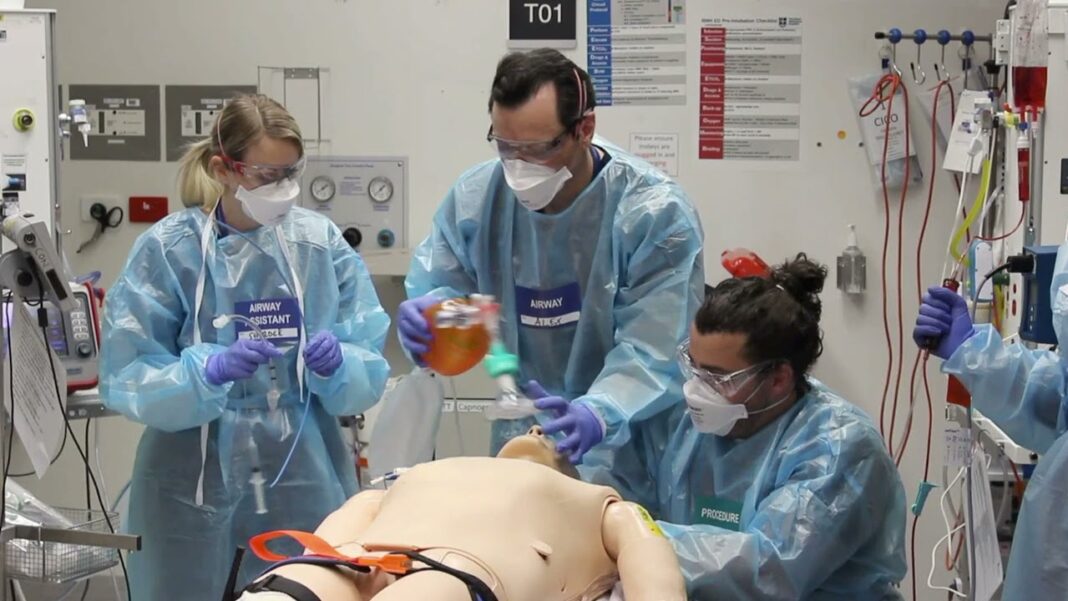
Research has established a causal relationship between vaccines and myocarditis—a common cause of sudden cardiac arrest in young individuals.
In the past two years, there has been a notable surge in the number of cardiac arrest cases in Victoria, Australia. From 2021 to 2022, cases increased by 5.8 percent compared to the previous year, reaching a historical high. These numbers have sparked public concerns about the potential side effects of vaccines.
According to the annual report from the Victorian Ambulance Cardiac Arrest Registry, 6,934 cases were recorded from 2020 to 2021, representing a 2.5 percent increase compared to the previous year and marking the highest number of cardiac arrest events in the state at that time. However, within the short span of one year from 2021 to 2022, the number of cases surged to 7,361 incidents—a new historical high.
Is There a Connection Between Cardiac Arrest and Vaccination?
Numerous comprehensive studies indicate that myocarditis is a primary cause of sudden and unexpected deaths in adults under the age of 40. The increasing incidence of myocarditis in young individuals may contribute to a heightened risk of other severe cardiovascular adverse events, including cardiac arrest and acute coronary syndromes.
According to the Australian COVID-19 vaccine tracking website, CovidBaseAU, as of Sept. 1, 2023, 97.53 percent of individuals aged 16 and above in the country have received at least one dose of the vaccine.
The Australian government has reported cases of myocarditis and pericarditis associated with mRNA vaccines and the Nuvaxovid (Novavax) vaccine. There are approximately 3 to 4 reported cases of myocarditis and 13 reported cases of pericarditis per 100,000 doses of Nuvaxovid vaccination. Pericarditis is noted to be more common in males aged 18 to 49, with an estimated 27 cases per 100,000 doses. The government further states that myocarditis is a known but very rare side effect of mRNA vaccines.
However, a study published in May of this year indicated that myocarditis (with an overall incidence rate of around 1.62 percent) has been identified as the most common cardiac event following COVID-19 vaccination. It is reported that cases of myocarditis are more prevalent in males and after the administration of the second dose. Additionally, the use of mRNA and vector-based vaccines, as opposed to inactivated vaccines, is associated with a higher incidence of vaccine-induced thrombotic thrombocytopenia and pulmonary embolism.
By Ellen Wan








